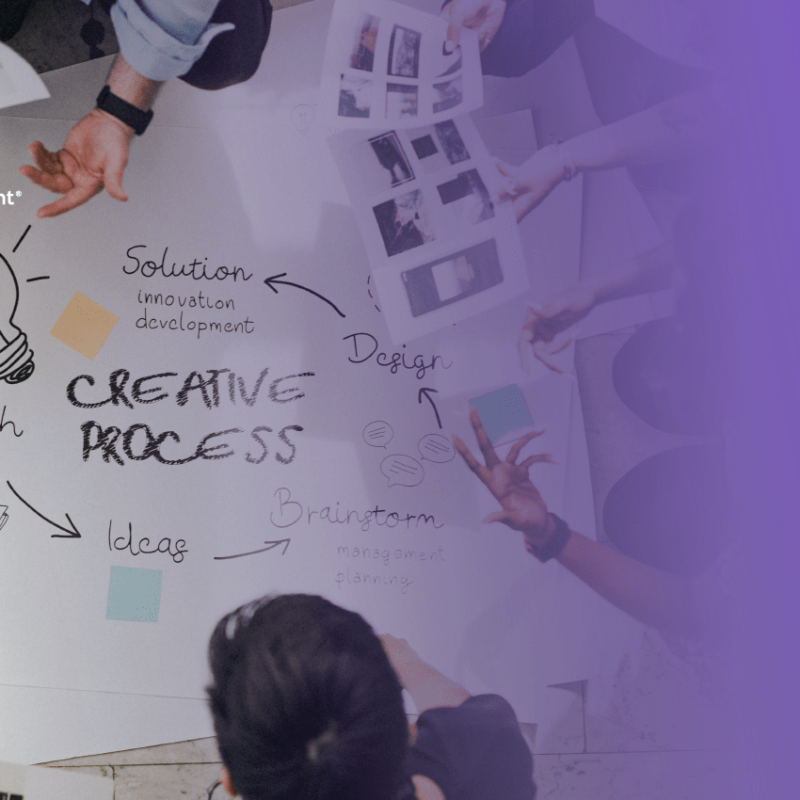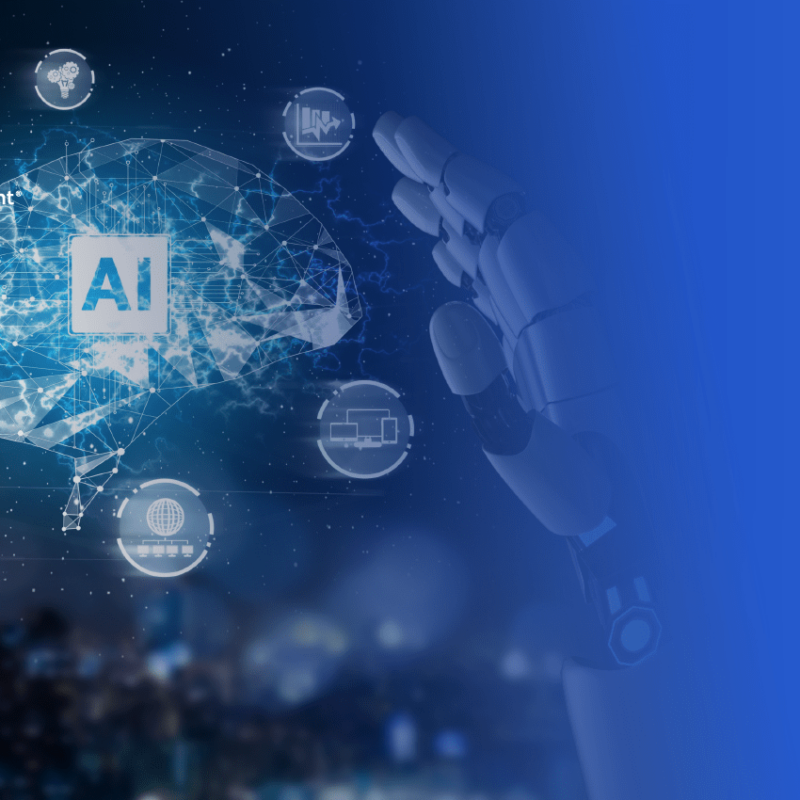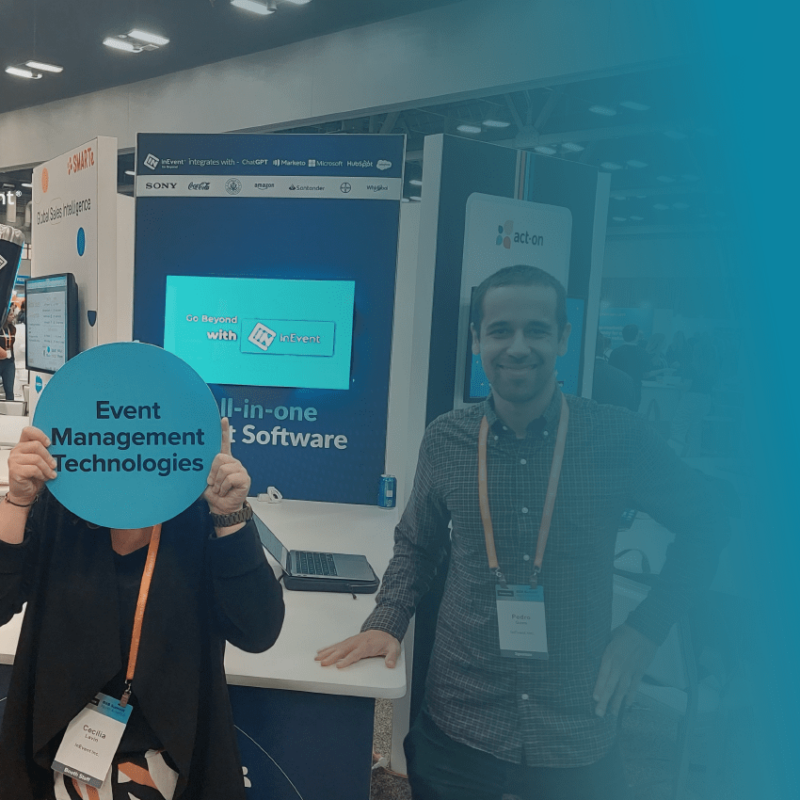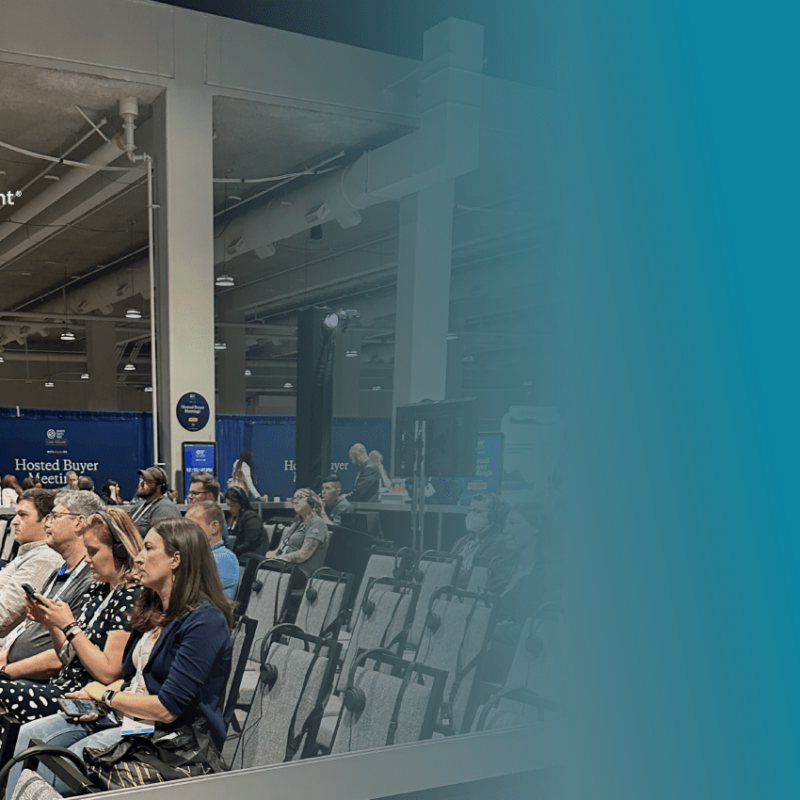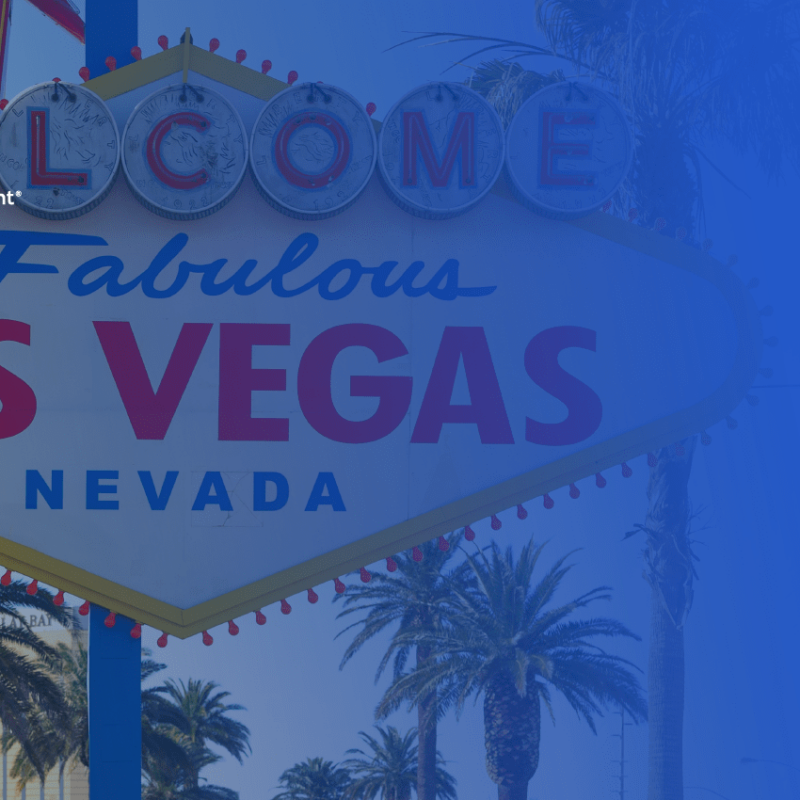The Future of Event Technology: Emerging Trends and Innovations
In recent years, the event industry has gone through significant transformations. Advancements in technology drive these transformations. It has evolved tremendously from virtual and hybrid events to interactive experiences.
Ryan Steinolfson, Business Owner at Accelerate Marketing, said,” One of the most substantial drivers of advancements in the events industry is AI and machine learning (ML). AI-powered virtual assistants and chatbots have become common characteristics in event platforms. It provides instant support and personalized suggestions to attendees. These intelligent systems can deal with inquiries. Also, it can provide event information. Plus, it helps guide participants through their event journey. There is a lot more to know about the future of event technology. “
In this article, we will study the future of event technology. We will discuss emerging trends and innovations shaping the industry.
Virtual And Hybrid Events
Virtual and hybrid events have gained considerable popularity. This popularity mainly took place during the COVID-19 pandemic. In this period, virtual events made attendees participate remotely from anywhere. Hybrid events integrate in-person and virtual components. The future of event technology will see continuous enhancements in virtual and hybrid event platforms. Event technology offers immersive experiences through:
- Augmented reality (AR)
- Virtual reality (VR)
- 360-degree video streaming
Bob Smith, Founder at Starlinkzone, said, “These technologies will let attendees feel more connected. Also, this connection would be regardless of their physical location. Virtual events have become a convincing way to reach a wider audience. Also, it overcomes geographical constraints. With the improvement of virtual event platforms, attendees can engage in interactive sessions.
Moreover, they can participate in live chats and Q&A sessions. Plus, they can even network with other parties through virtual breakout rooms. Meanwhile, hybrid events strike a balance between virtual and physical interactions. It allows attendees to join in-person activities along with accommodating remote attendees.”
Artificial Intelligence (AI) and Machine Learning (ML)
AI and ML are poised to change the events industry. AI-powered virtual assistants and chatbots can deal with attendee inquiries. Plus, it can provide event information. Moreover, it can even personalize suggestions.
Royal Hernandez, Founder at starandlink, said, “AI algorithms can examine attendee preferences and behavior. It is helpful to improve engagement. Plus, it will be effective in tailoring event experiences. AI and ML technologies facilitate event management processes. For example, AI algorithms can help automate repetitive tasks. It will allow event organizers to concentrate on more strategic aspects of event planning. For those looking to further leverage the power of AI and ML in their events, it might be a good idea to hire ML developers who can provide specialized expertise
Furthermore, AI-driven analytics can give insights into attendee behavior. It will help event organizers understand their target audience better. Also, they can optimize experiences and event content accordingly.”
These algorithms can help event planners determine patterns. Therefore, they can easily make data-driven decisions. These decisions can be helpful in the following ways:
- Enhancing event logistics
- Marketing strategies
- Making attendees satisfied
Internet of Things (IoT)
Henry Waddilove and I’m the Managing Director of Novus BC, said, “The Internet of Things (IoT) is a network of devices that are interconnected. These devices can transmit and share data. In the context of events, IoT devices can enable innovative event management. They do this by relating various elements, such as:
- Attendee Registration
- Ticketing
- Access control
- Venue infrastructure
For example, wearable devices and RFID (Radio-Frequency Identification) technology can enable seamless check-ins. Also, it can allow personalized experiences. Plus, it can provide valuable data for event organizers to optimize their operations.”
Noah Clark, Founder at sparkaven, advised, “IoT devices can develop a more streamlined and efficient event experience. For instance, smart sensors implanted in the venue can monitor the following:
- Attendee movements
- Traffic flow
- Crowd density
It enables event organizers to make real-time adjustments. It is essential to ensure a smooth experience for participants. Besides, IoT-enabled devices can give valuable data insights. These insights can help event organizers understand attendee preferences. For example, popular session topics or preferred networking activities. It enables them to deliver more tailored experiences.”
Gamification And Interactive Experiences
Integrating Gamification and interactive experiences into events is beneficial. It can significantly improve attendee engagement and participation. Gamification elements, such as:
- Leaderboards
- Challenges
- Rewards
It can encourage attendees to interact with event content and fellow participants. If you own a business, it is essential to adapt interactive technologies. Interactive technologies like touchscreens, gesture-based interfaces, and projections can create immersive experiences. It can enable attendees to participate and contribute to the event actively.
Te Wu, CEO of PMO Advisory, said, “Gamification is an effective business strategy for increasing attendee engagement. You can incorporate game-like components into event activities. In this way, attendees will be more likely to take part. Also, they explore different event characteristics and interact with each other. It fosters a sense of fun, competitiveness, and motivation. These things result in higher attendee satisfaction and retention. Interactive technologies play a crucial role in creating memorable event experiences. The advancement of touchscreens, gesture recognition, and interactive projections is useful.”
Through this the attendees can engage with event in novel ways. For example, interactive displays allow attendees to:
- Explore event agendas
- Access additional information about speakers or exhibitors
- Participate in interactive workshops or simulations
Enhanced Networking and Communication
Joe Troyer, CEO & Head of Growth of DigitalTriggers, said, “Networking has always been an essential aspect of events. Therefore, technology will continue to play an important role in enabling meaningful connections.
- Advanced networking platforms
- AI-driven matchmaking algorithms
- Dedicated mobile applications
These can help attendees recognize relevant connections and schedule meetings. Also, it can help engage in targeted Networking. Real-time communication tools help in bridging the gap between physical and virtual attendees. These tools include live chat, video conferencing, and virtual meeting rooms. Therefore, these tools help facilitate collaboration and knowledge sharing. These tools have made things easier for businesses. Distance between the employees is no more an issue to the companies.”
Personalization
The future of event technology will prioritize tailored content delivery. Plus, it will also focus on immersive experiences.
Josh Snow, CEO of Customerfeedback, said, “With AI algorithms and data analytics, event organizers can tailor event content. The content would be based on attendee preferences. Also, it will connect to previous interactions and demographic information. Personalized content can include:
- Tailored agendas
- Recommended sessions
- Targeted marketing messages
Immersive technologies like VR, AR, holography, and projection mapping will develop captivating environments. Also, it will change the way attendees interact with event content. Personalization is essential to deliver engaging and relevant event experiences. The customization enables attendees to navigate through the event more efficiently. It ensures they engage with content that matches their goals and interests.”
Immersive Content
Alex Contes, Co-Founder & SaaS Expert of ReviewGrower, said in an interview, “Immersive technologies are becoming more and more accessible. They provide exciting opportunities to improve event experiences. Virtual Reality (VR) can transfer attendees to virtual environments. These enable them to visit virtual exhibition halls. Plus, it make them discover interactive and immersive simulations. Augmented Reality (AR) covers digital content in the physical world. It offers additional information or context during demonstrations or sessions. Projection mapping and holography can change event spaces. These create visually stunning and attractive experiences for attendees.”
Data Analytics And Insights
Vicky Cano, Chef & Recipe developer at mealfan, said, “Data is a main aspect of the event industry. Harness data effectively to drive better decision-making and optimize events. Use advanced data analytic platforms and tools. Event planners can gain deep insights with such tools and platforms. They can achieve insights into attendee preferences, behaviour, and engagement levels. Leverage these insights and refine event strategies. Plus, the organizers can also personalize experiences and estimate the success of their events. Data analytics technologies encourage event organizers. These technologies give valuable insights into event performance with attendee behaviour. Collect and analyze data on attendee engagement, content interactions, and feedback.”
Organizers can also explore areas required for improvement. With these insights, they make data-driven decisions to improve future events.
Thomas GiarraputoVice, President at Executive Cleaning Services, said,“Data analytics also help organizers to understand attendees’ desires. This enables them to tailor event agendas, content, and experiences to fit their target audience better. Moreover, data analytics can offer valuable insights into your events’ return on investment (ROI). Track attendee interactions, conversion rates, and lead generation. These trackings will help measure the influence of events on business goals. Through this data-driven strategy, organizers can optimize their event approaches.”
Conclusion
The future of event technology is dynamic and transformative. Hybrid and virtual events will evolve and provide immersive experiences. These events will include VR, AR, and 360-degree video streaming. ML and AI will transform the industry. Revolutionizing events will occur with personalizing experiences, offering valuable insights, and automating tasks. The Internet of Things (IoT) will enable smart optimizing operations and event management. It will enhance the experiences of attendees.
Interactive technologies and gamification drive interactions and engagements. With communication tools and enhanced networking, organizers can facilitate meaningful attendee relationships. Make personalization a priority and provide tailored content. Immersive technologies such as holography and project mapping improve event environments. Last but not least, data analytics and insights are essential. It will embrace event organizers to make data-driven decisions and measure their success. The future of event technology ensures engaging experiences for both organizers and attendees.


